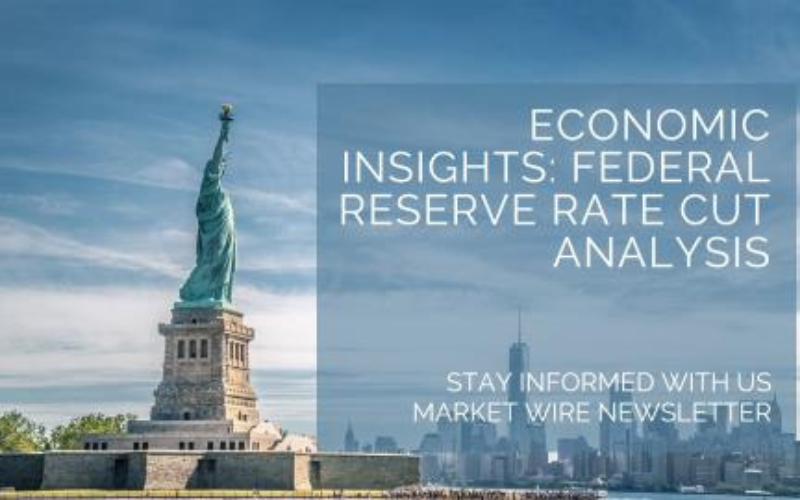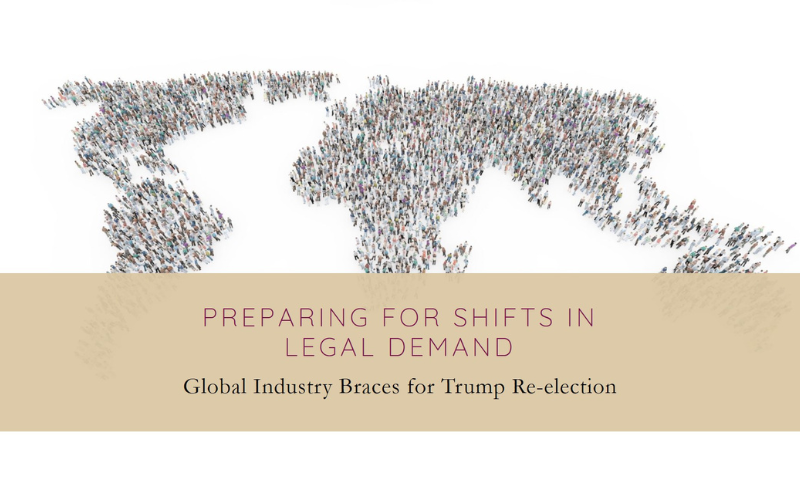Michael Feroli, JPMorgan’s chief U.S. economist, has made headlines by accurately forecasting the Federal Reserve‘s recent half-point rate cut. While most analysts predicted a quarter-point reduction, Feroli believes that a similar move could happen again in the near future.
Key Takeaways:
- Expectations for Rate Cuts:
- Most Wall Street economists expected only a quarter-point cut, influenced by recent core consumer inflation data. In contrast, Feroli argues that a 50-basis-point cut is necessary for the Fed to catch up with economic conditions.
- He emphasized that the Fed should have acted sooner, suggesting that the July meeting was an opportunity missed.
- Fed Chair’s Perspective:
- Fed Chair Jerome Powell framed the half-point cut as a positive move, highlighting the economy’s strength and the goal of maintaining a robust labor market. Feroli noted that this dovish cut was portrayed as a “joyous” decision.
- Future Predictions:
- Fed Governor Christopher Waller supported the half-point cut, citing quicker-than-expected cooling of inflation.
- Feroli anticipates another 50-point reduction at the Fed’s upcoming meeting on November 6-7, contingent on job report outcomes. Strong job gains could shift the scenario toward smaller quarter-point cuts instead.
- Market Sentiment:
- Investors are divided nearly evenly on the likelihood of a 25-point versus a 50-point cut in November. The Fed’s dot plot indicates expectations for two quarter-point cuts by year-end.
- Bank of America also forecasts a half-point cut next month, followed by a series of smaller cuts until the fed funds rate reaches between 2.75%-3% by 2025.
- Citi’s Cautious Outlook:
- Citi economists remain skeptical about economic stability, predicting a recession is likely. They, too, expect a half-point cut at the next meeting, with potential for more significant reductions depending on labor market conditions.
- They pointed out Powell’s struggle to justify why job growth would stabilize rather than decline, given the restrictive rate environment expected to persist for another year.
Conclusion:
As the Federal Reserve navigates the complexities of inflation and employment, the upcoming meetings will be crucial for shaping economic policy. Feroli’s insights suggest a potential for more substantial cuts if labor markets weaken, while cautious optimism remains among other economists.



